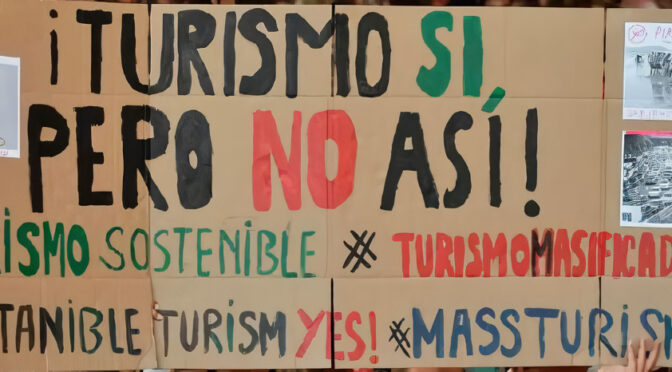Views: 1001
Finding well-prepared and willing staff to work hard in a summer restaurant has become an odyssey. Let’s take a family establishment that has been running for years as an example. Operating from morning breakfasts to evening dinners requires a staff that is constantly in crisis. This led to a business reevaluation that turned out to be virtuous.
After two stressful seasons trying to ensure everything went smoothly and customers left satisfied, the owner decided to make a bold move. Now, the restaurant only operates one shift and closes after lunch. It has proven to be a success, both economically and also regarding workers’ quality of life.
In today’s consumption-driven society, there is often a confusion between the volume a business handles and its actual results. Often, reducing business volume can mean increasing profits because, beyond a certain point, added expenses take more revenue than they generate.
This concept is well understood by some farmers in Menorca, who have ended up reducing their cattle to increase their profits. It’s the same reason as with the restaurant. Livestock that cannot be fed from a reasonable pasture production on the farm forces the purchase of external feeds and fodder, which cost more than the revenue generated by the additional cows.
Having fewer animals also means fewer headaches and tensions, freeing up time to do other things that can be more strategic for economic viability and quality of life. Sometimes, less is better.
Of course, beverage companies that sell to the restaurant, the delivery person who brings them, or the shop that sells feed to farmers might offer a different perspective. The world is made up of many parts, all of which are important.
However, with a bit of midterm vision—looking beyond just getting through the year, as it is so fashionable these days—it should be more important that the restaurant does not end up closing or that the farmer does not have to become a gardener because he cannot make ends meet. If we reach that point, the business will not just be smaller; it will not be any at all.
Tourist saturation is a current topic that sparks debates, analyses, articles and reflections. There is a significant interest from some sectors in preventing such a process from succeeding, fearing people might draw conclusions similar to those in the aforementioned examples. Hence, there are repeated attempts to label these movements as “anti-tourism”, aiming to marginalize potential alternatives.
However, many people have realized that tourism actually sells the best-preserved environments, and it is those who are now being labeled as anti-tourism the ones who have preserved them. It is not about opposing tourism; it is about changing the course of unsustainable growth.
Seeking an economy that generates real benefits, improves people’s lives, and recovers a planet that must remain habitable in the coming decades is a path to be pursued with conviction and satisfaction.
(This text is an adaptation from an automated translation of the original article published by Miquel Camps, as coordinator of territorial policy for the GOB, in the Menorca newspaper on 22/07/2024).

